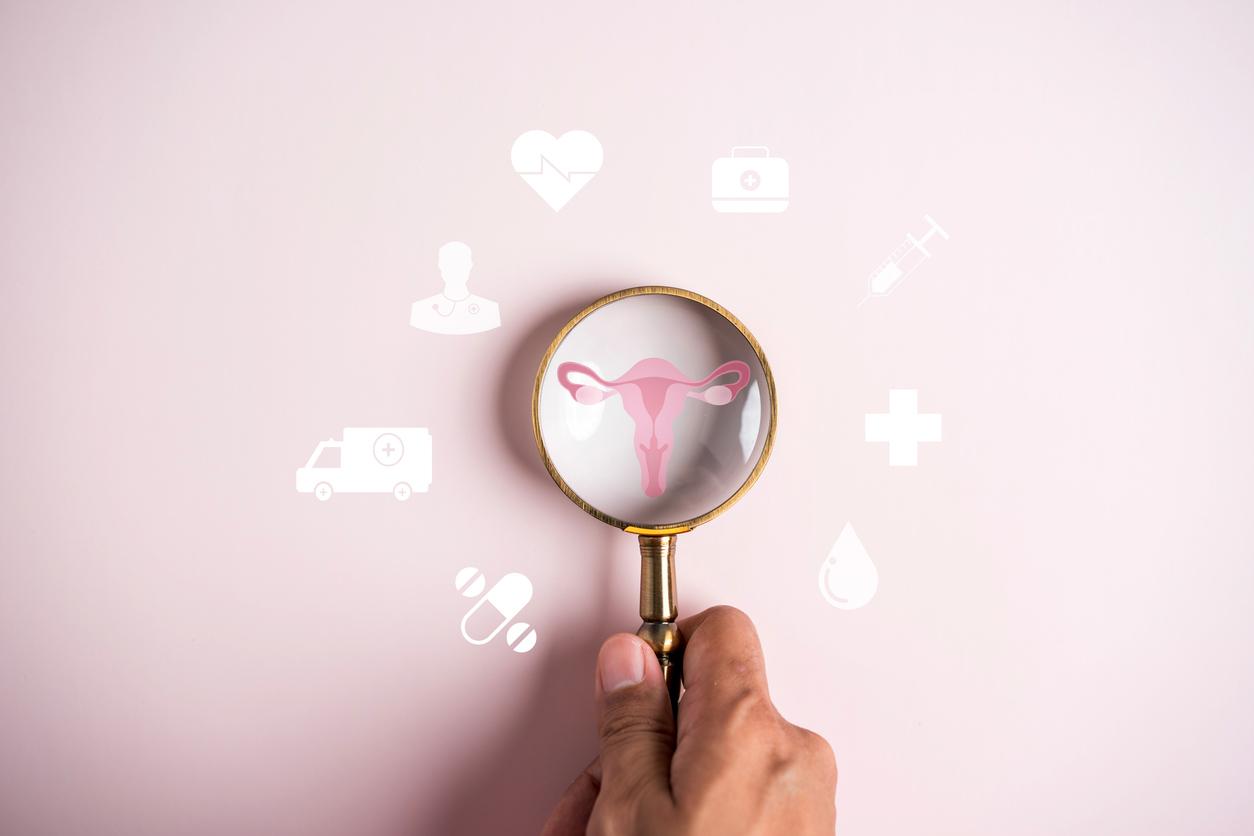While the vaccine against the papillomavirus is much debated, the French society of colposcopy and cervicovaginal pathology has expressed itself in the hope of silencing the rumours.

“No, the vaccine against the papillomavirus does not increase the risk of cancer”. Wednesday January 9, on the eve of his 42th Congressthe French Society of Colposcopy and Cervicovaginal Pathology (SFCPCV) has gone on a crusade against fake news about papillomavirus (HPV) in the columns of Parisian.
“Since June, and especially the end of the year, misleading and dangerous information has been circulating on the Internet and in the press. They call the HPV vaccines, Gardasil and Cervarix, ticking time bombs. This is totally false. !”, deplores Jean Gondry, president of the SFCPC, recalling that the papillomavrius virus, transmitted during sexual intercourse is responsible for 3,000 new cases of cervical cancer per year in France and more than 1,000 deaths. .
“They are not even gynecologists, and yet they claim that in certain countries, where the vaccination campaign has been very broad, the number of cancers has increased among the youngest. They manipulate the figures and their interpretations”, gets carried away -it in reference to the remarks of the former deputy and ex-president of the mission of information on the Médiator Gérard Bapt who claims to have noted an increase in the number of uterine cancers in vaccinated girls in Australia, Great Britain and Norway. In December, he therefore sent a letter to the Director General of Health, to the President of the INCa (National Cancer Institute) and to the Director General of Public Health so that “the data from the cancer registers of four countries having massively vaccinated against the papillomavirus (HPV) for ten years”.
The lowest vaccination rate in Europe
According to some health professionals, the vaccine would also be responsible for the development of rare diseases such as multiple sclerosis and thyroiditis. However, in 2015, after a survey of nearly two million young girls, the National Agency for the Safety of Medicines and Health Products (ANSM) and Health Insurance concluded that Gardasil and Cervarix did not increase the risk of developing an autoimmune disease such as multiple sclerosis. As for the Guillain-Barré syndrome, a serious inflammatory neurological pathology, the ANSM had noted a “probable” increase, in France “of the order of one to two additional cases per 100,000 young girls vaccinated”, without however advising against vaccines.
The controversies do not stop, a Canadian study conducted on 300,000 young girls and published last May in the Canadian Medical Association Journal has refuted any causal link between Gardasil and the onset of autoimmune diseases.
In France, the debate on the vaccine against the papillomavirus began as soon as it was launched in 2006. This is why, thirteen years later, the rate of the vaccine in the country is the lowest in Europe: 19% against 70% in France. England or Denmark, where precancerous lesions appearing about ten years after transmission of the virus are in sharp decline.
Cancers of the throat, anus, vulva, tonsils…
But there are more than 180 types of human papillomaviruses, some benign, others high-risk and which do not only cause uterine cancer, recalls The Parisian. They can also cause cancer of the throat, vulva, vagina, anus, and even tonsils. This is why, although we mainly talk about the vaccine for girls, boys are also at risk.
Last May, protocolologists worried about the increase in anal cancers among young men had in particular published a column in The world in order to ask for a generalized vaccination against HPV for all, like Australia.
Since 2017, however, the vaccine has been reimbursed up to 65% for both sexes. Finally, remember that the new Gardasil 9, which now protects against 85 to 90% of papillomaviruses, has been available in France since September.

.















